Waste not, want not: Your stink is what you smell at sea
Around 400 million gallons of untreated waste is being dumped directly into Arabian Sea
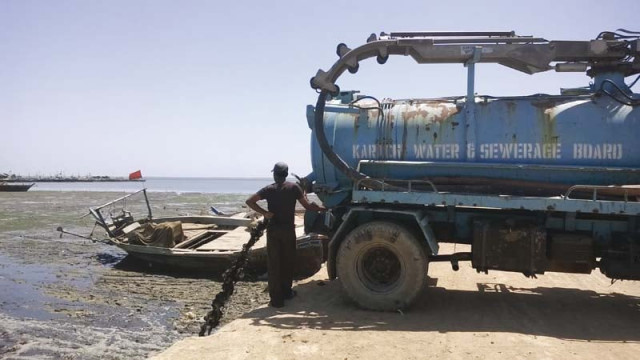
A KWSB tanker seen at Ibrahim Hyderi dumping waste into the sea. PHOTO: COURTESY BASIL ANDREWS
Karachi's civic agencies don't really give much thought to environmental degradation or conservation of marine life — they would much rather sit back and watch the untreated waste flow directly into the sea.
Once upon a yester year, Karachi did care for the marine life it shared its waters with. At the time, there were three sewerage treatment plants functioning in the city, filtering the sewage that was produced by the city before it was allowed to enter the sea. Today, however, the situation has taken a turn for the worse, as though the volume of waste has increased multiple-fold, the treatment plants are not functional anymore.
Two of the plants — at Gutter Baghicha and Hawke's Bay went out of order during the tenure of former city nazim Mustafa Kamal. The last surviving plant at Mehmoodabad recently stopped functioning around six months ago. There has been no effort to revive them since.
"Karachi produces 400 million gallons of sewage every day. This untreated sewage is unfortunately being dumped directly into the Arabian Sea," explained Muhammad Moazzam Khan, the marine fisheries technical adviser at the World Wide Fund for Nature — Pakistan (WWF-P). He added that almost 60 per cent of the waste was disposed into Lyari river, while the remaining into Malir river. All of it ultimately ends up in the Arabian Sea.
"Pakistan used to be a big exporter of marine foods. But this untreated waste has adversely affected marine life and ultimately, the seafood business too." Until the 1980s, Karachi's fish harbour was a prime location for picnics and fishing excursions, he recalled. Now, however, the area wears the look of a filthy garbage dump.
Karachi Water and Sewerage Board chief engineer, Amjad Habib, admits that all the waste produced by the city is being dumped into the sea untreated. He is, however, hopeful that the problem will be resolved soon with the completion of the sewerage treatment project, S-3. That may be a long time coming, though, as the proposal is still pending approval by the authorities. "We will upgrade all the sewerage treatments plants as part of the S-3 project," he said, adding that the KWSB plans to lay down new sewerage lines and install new suction pumps across the city.
In response to a question as to why a KWSB tanker was disposing waste directly into the sea at Ibrahim Hyderi, he said that the tankers were on special duty to clear out any choked sewerage lines across the city. The waste is then dumped into the closest nullah. "I don't know why this tanker drove all the way to the coastline to dump the waste," he said. "At least none of the senior officials have permitted such action."
Published in The Express Tribune, April 3rd, 2015.


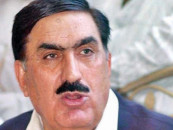
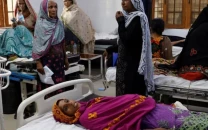

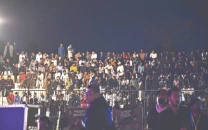
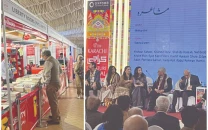











COMMENTS
Comments are moderated and generally will be posted if they are on-topic and not abusive.
For more information, please see our Comments FAQ